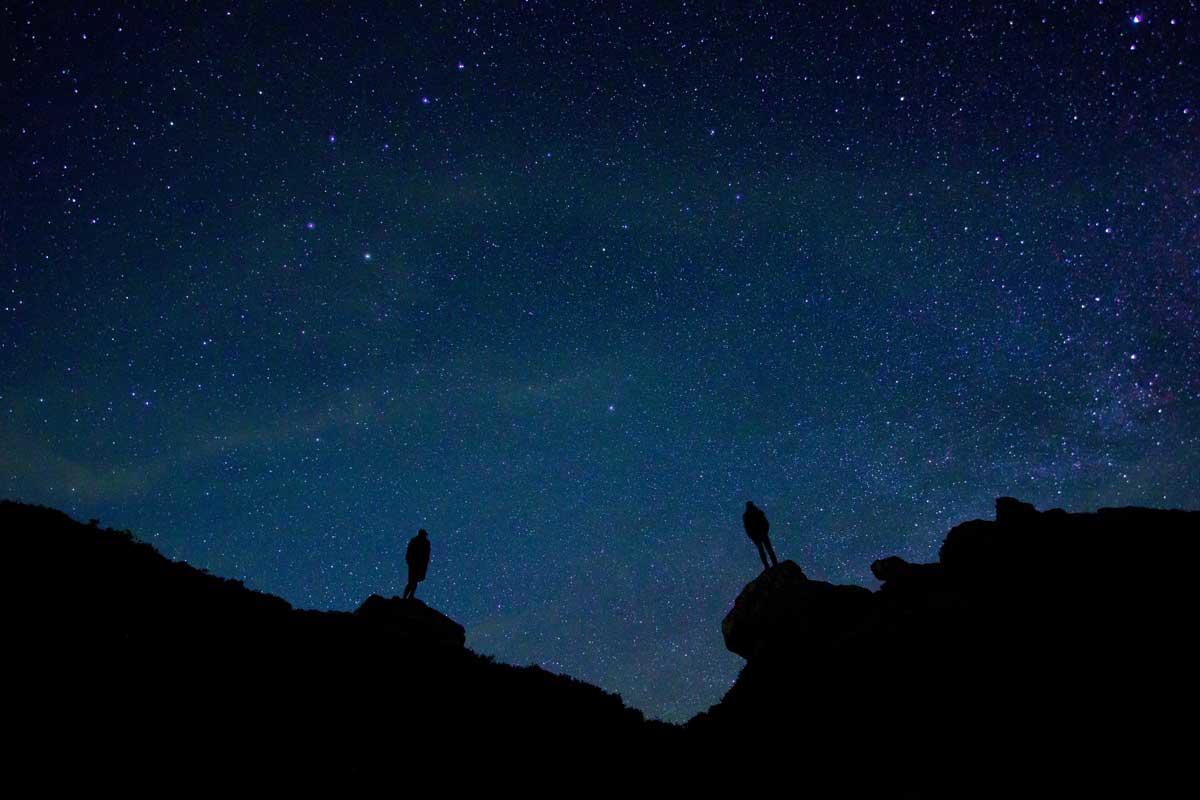
By Jennifer S. Lerner | As delivered at Morning Prayers on November 14, 2016.
Good morning! Thank you for inviting me to lead this prayer service. I confess that I pray every morning, no less than twice, before leaving our family home and starting my professional day as a scientist and professor. It therefore brings me special joy to be here with you — like-minded individuals who also feel drawn to start the day seeking guidance from a power greater than ourselves and reflecting about our larger purpose here at Harvard and in life, more generally.
I’d like to share with you a story that my sister heard the awesome African-American poet, Sonia Sanchez, tell about her own life:
One night Ms. Sanchez, the eminent author of 16 books, was walking home alone at 1 AM. Sanchez is elderly and was so at the time. A small woman, she had her large purse and briefcase with her. A young man, 17 years at most, was walking towards Ms. Sanchez in what she called a very sketchy part of Philadelphia, the city where she lives. The young man looked both ways up and down the empty street, noticing that they were alone, and then … resumed coming towards her…
What did she do? What would you do?
Ms. Sanchez … ran to him and threw her arms around him. She said: “Oh my brother, my brother, I’m so glad you’re here! Now you can see me safely home.”
And the young man did. Later she sat on her steps with him after they got her home. She asked him why he was out so late. He said “Got no job, out looking for stuff to do.” She realized she could help him find a job. Eventually she actually did so.
Sanchez might have saved her own life that night; she might also have saved his life. Their interdependence was sealed.
Is Sanchez’s story unique to modern times, unique to urban areas of the United States? Quite the opposite. It reveals universal values.
Look to ancient Islam and find a similar story. According to the Hadith of Bukhari, sacred Islamic texts, a man once asked the Prophet Muhammad, “What is the best thing in Islam?” The prophet replied, “It is to feed the hungry and to give the greeting of peace to those one knows as well as to those one does not know.”
Look to Judaism, and find in Leviticus this commandment: “When strangers sojourn with you in your land, you shall not do them wrong. The strangers who sojourn with you shall be to you as the natives among you, and you shall love them as yourself; for you were strangers in the land of Egypt.” This principle, to welcome the stranger, is ultimately repeated 35 times in the Torah—more than any other commandment.
Look to Christianity, and find the ancient story in which Jesus lifts up care for the stranger; the well-known (albeit controversial) Parable of the Good Samaritan.
Look now to us, right here. Look to this moment in Holden Chapel. I ask you now to greet the stranger near you. Find someone you do not know, even if you have to get up and move to do so. Shake their hand, tell them your name and heartily say to them: “Hello, I’m glad we’re here together.”
As you return to your seats, notice if you can detect any change in yourself. You may feel a small spark; you may feel a large flame. Challenge yourself to nurture that feeling throughout the day by affirming and lifting up the stranger.
We close now with the words of Unitarian Universalist minister and theologian Elizabeth Lerner Maclay: “Our power is great. Our time is now. We are here. Blessed by our work and our commitment, our reach and our embrace. Amen.”
